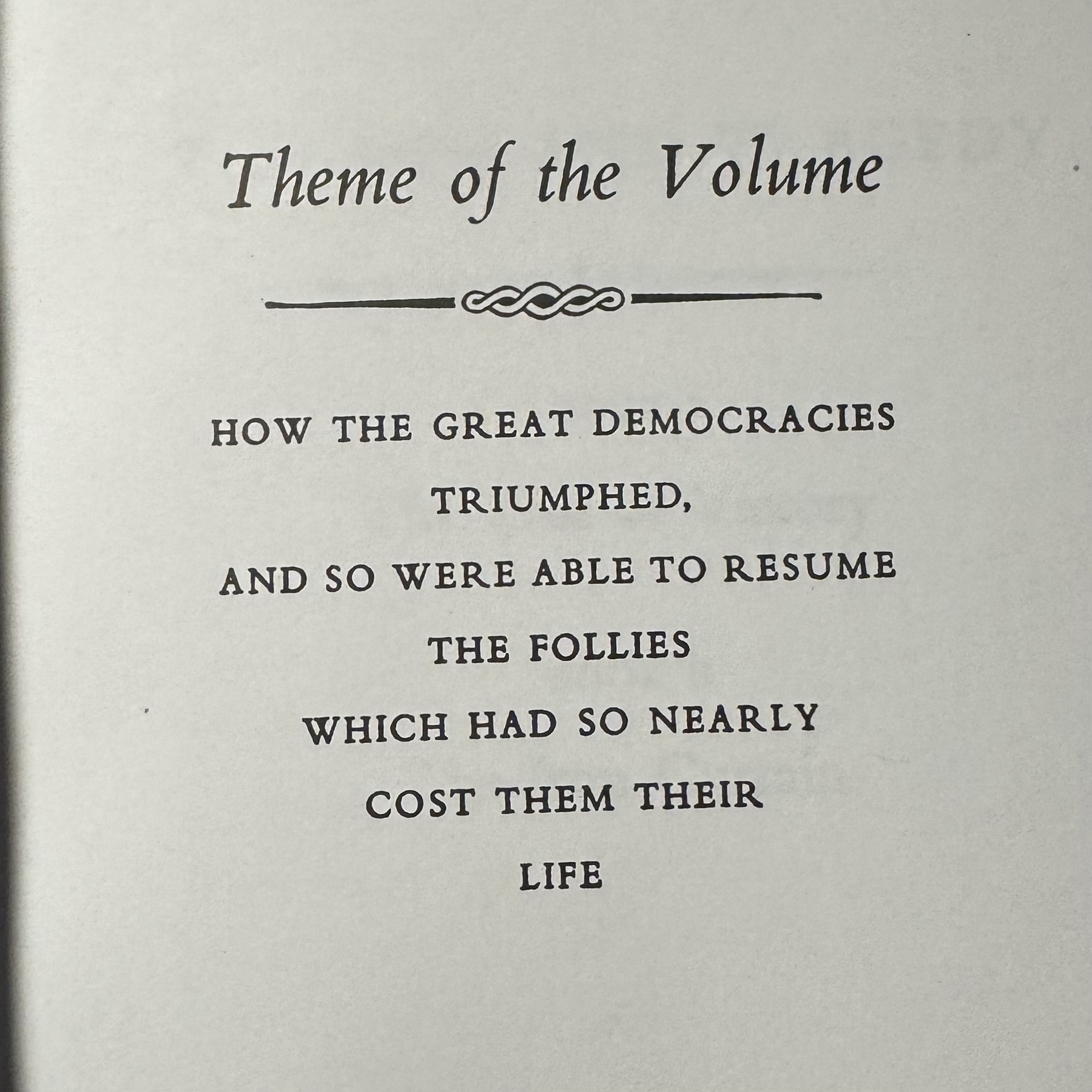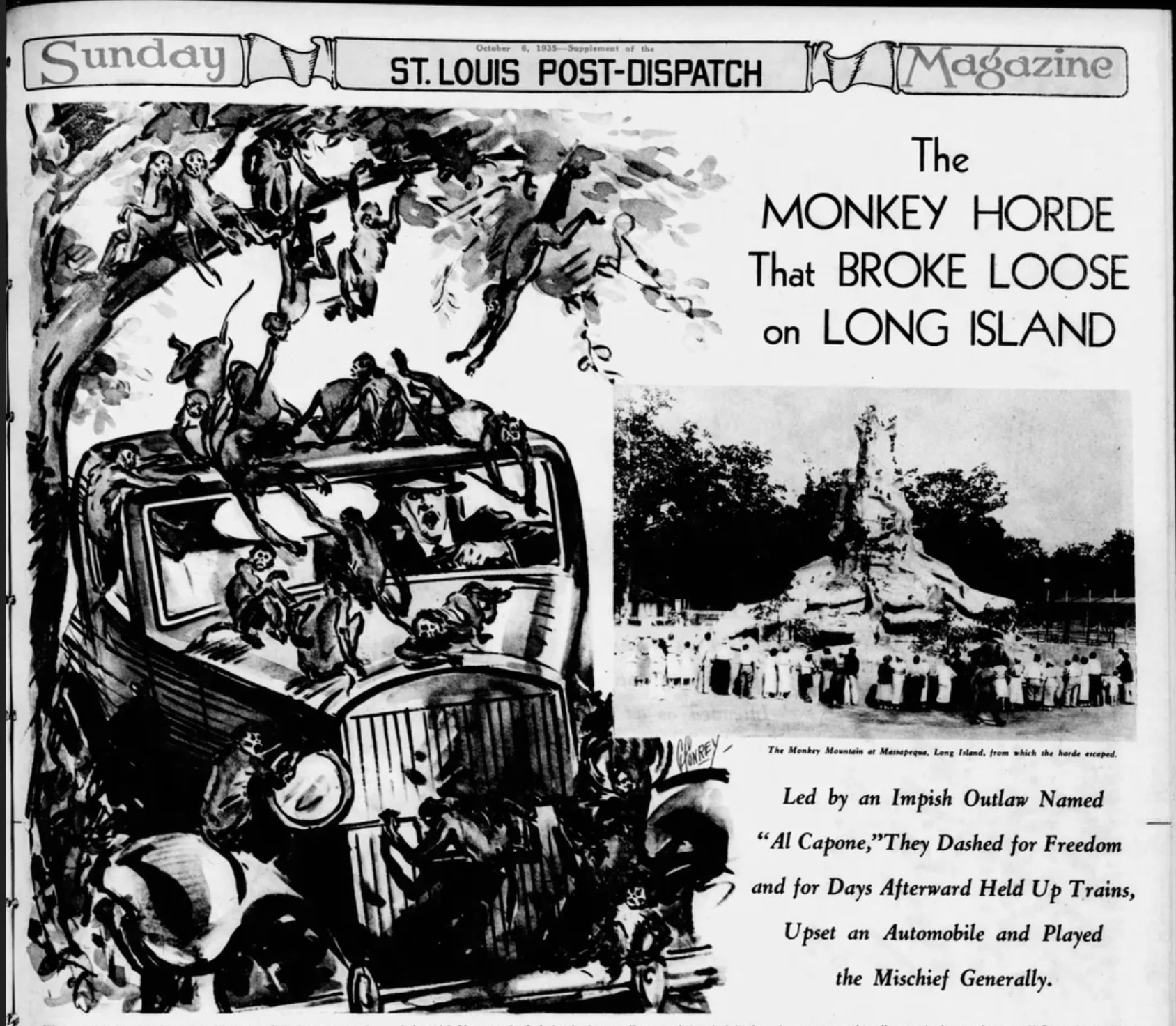what is this new devilry

A brilliant essay by Adam Roberts on Frankenstein, A.I., and the relationship between intelligence and forgetting.
Eno:
In my own experience as an artist, experimenting with AI has mixed results. I’ve used several “songwriting” AIs and similar “picture-making” AIs. I’m intrigued and bored at the same time: I find it quickly becomes quite tedious. I have a sort of inner dissatisfaction when I play with it, a little like the feeling I get from eating a lot of confectionery when I’m hungry. I suspect this is because the joy of art isn’t only the pleasure of an end result but also the experience of going through the process of having made it. When you go out for a walk it isn’t just (or even primarily) for the pleasure of reaching a destination, but for the process of doing the walking. For me, using AI all too often feels like I’m engaging in a socially useless process, in which I learn almost nothing and then pass on my non-learning to others. It’s like getting the postcard instead of the holiday.
The restoration of Notre Dame de Paris ought to be for all of us an apocalypse, that is, a revelation of what is possible, of the great power and beauty of renewal and repair. As Francis Spufford writes in his book Unapologetic, “Far more can be mended than you know.”

I have long been meaning to transition from Safari to Firefox, but updating to Sequoia has forced my hand: Safari is now unusable, prone to long period of unresponsiveness and the endless reloading of websites. So: Thanks, Apple!
Googling “dog constipation” and praying that tomorrow I won’t be googling “dog diarrhea.”
Michael Kimmelman on the restoration of Notre Dame de Paris: “I can’t recall ever visiting a building site that seemed calmer, despite the pressure to finish on time, or one filled with quite the same quiet air of joy and certitude. When I quizzed one worker about what the job meant to her, she struggled to find words, then started to weep.”
So: my poor wife has broken her humerus, near the top of her arm. You can’t put a cast on such an injury, you just have to put it in a sling, keep it still, and take meds for the inevitable pain. There’s little she can do for herself, so I’ve been busy.
I have missed some classes, so I made an informal audio lecture to try to bridge the transition from Nietzsche’s On the Genealogy of Morals to Dostoevsky’s Notes from Underground. It covers in 43 minutes what needed to be covered in three hours or so. On a whim, I’m posting it here so anyone interested can learn the kinds of things I typically talk about. It’s not polished, but then I guess I myself am pretty unpolished … especially in my current state of exhaustion.
You cannot finally justify yourself to nihilists. Plato’s Socrates tries at least twice – in the Gorgias and in the Republic. It makes for thrilling reading in both cases. But all he really manages to do to his antagonists – Callicles in the first dialogue, Thrasymachus in the second – is to press them on the points where they are still capable of shame. Which is to say, points on which they are insufficiently committed to the nihilistic principles they have espoused. I’m not sure all Silicon Valley types have that problem.
My buddy Austin Kleon has made a cool winter-solstice zine about LIGHT — which, as it turns out, is the Advent theme also. “The people who walked in darkness have seen a great light; those who dwelt in a land of deep darkness, on them has light shone.” (Isaiah 9:2).
All but the most visible, verified-by-default Democrats (and fellow travelers) on X spent the last election alongside the rest of the unverified users in X’s proverbial spam folder, mostly invisible to the rest of the platform but especially to people who didn’t already follow and want to hear from them. They might have been scrolling in a familiar-enough place. But they were posting into a void, living out a sort of mass shadowban of everyone who wasn’t willing to pay for a subscription. It wasn’t harrowing so much as strange and a little sad, with established users going through the motions, posting and sharing and waiting, propelled by years of habit, imagining audiences where they simply no longer existed.
Taking a break from my life as a nurse to say that I’m currently listening to Ethan Iverson’s Playfair Sonatas — though “currently” means “when my head finally falls on the pillow.” I think this may well be my Record of the Year for 2024. 🎵

Each of the six volumes of Churchill’s history of the second world war has a Theme. Here’e the one for the final volume.

Stuart Ritchie: “As ever, you have to wonder whether the field of Alzheimer’s research has a disproportionate level of bad science, or whether it’s just getting disproportionate attention and all fields are like that.”



